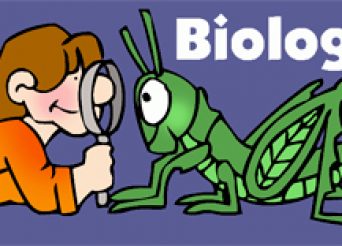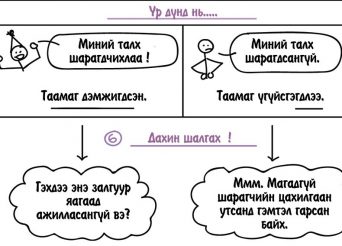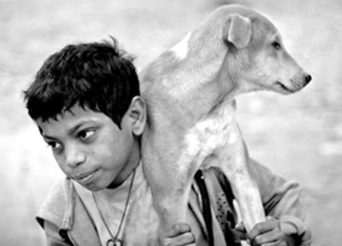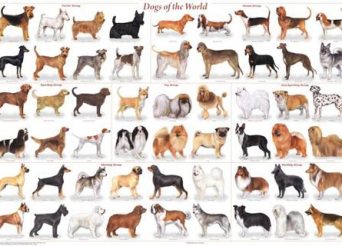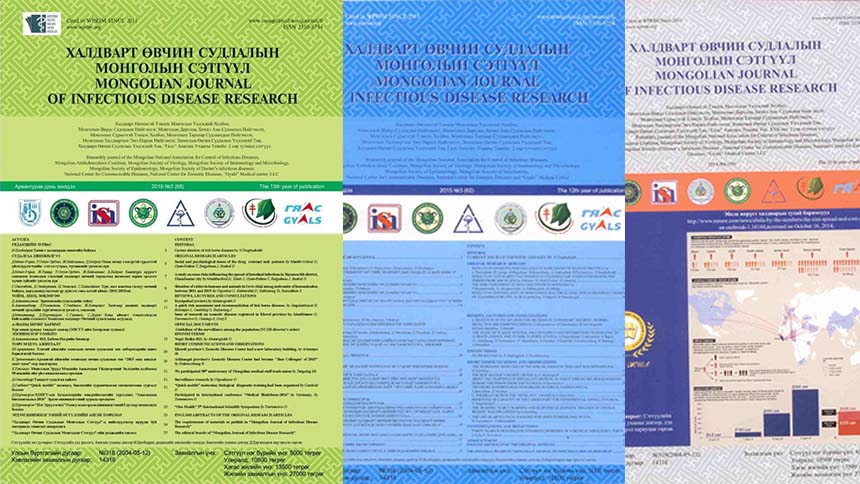Recognizing neglected skin diseases: WHO publishes pictorial training guide
8 June 2018 | Geneva — The World Health Organization (WHO) has published a training guide that aims to make it easier for health workers to identify the signs and symptoms of neglected tropical diseases of the skin and other common skin conditions through their visible characteristics. ©WHO Skin diseases are among the most common ...read more →



